Dec 04
Building Cooperative Economics and Movement Community Institutions
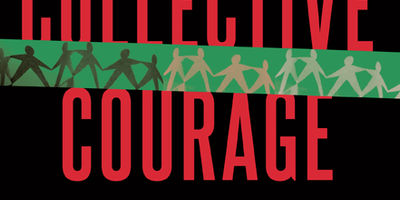
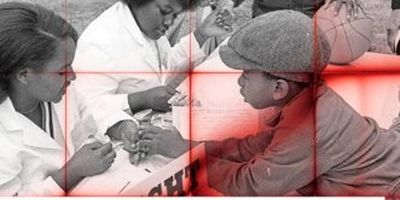
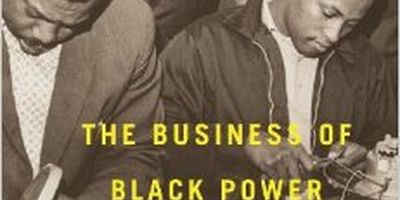
Description
"If the unemployment rate for Black Americans (11.5%) is more than twice that of White Americans (5.4%), then the time is ripe for serious conversation about the economic dimensions of the Black Freedom Struggle. Please join us in a discussion first about the long history of African American cooperative economics, both in thought and in action; second about the ways that communities take care of business in Black Freedom Struggle; and third about the important community institutions developed by groups such as the Black Panther Party that struggled against the savage inequalities of Medical Apartheid. To lead this conversation, we have asked three doctors to outline their prescriptions for these crises."
--Komozi Woodard
Speakers
-
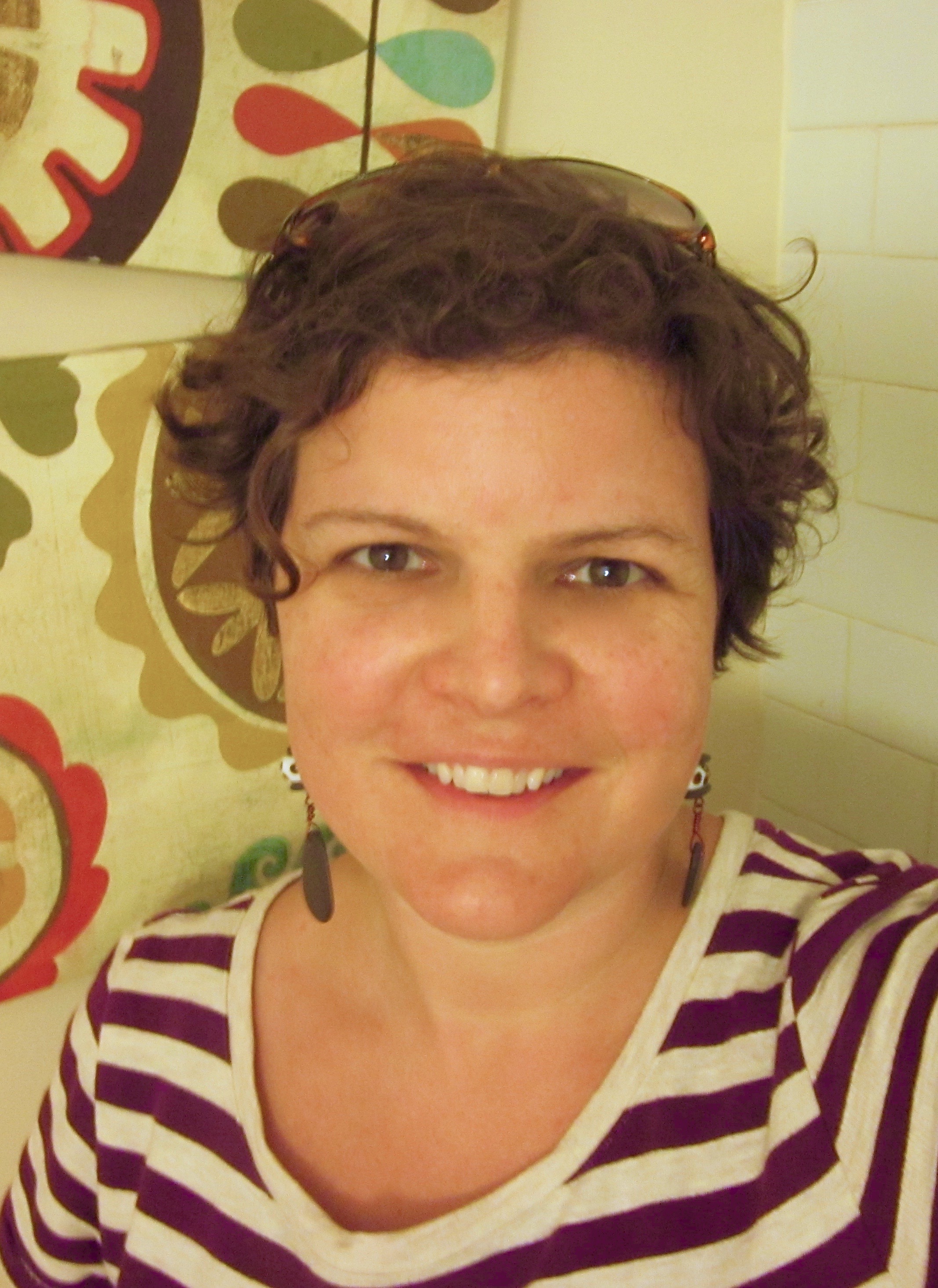
Laura Warren Hill
Binghamton University
Laura Warren Hill currently serves as an Associate Professor of Human Development in the College of Community and Public Affairs at Binghamton University. She is the author of Strike the Hammer: The Black Freedom Struggle in Rochester, NY, 1940-1970, the co-editor of The Business of Black Power: Community Development, Capitalism and Corporate Responsibility in Postwar America, and the author of several articles on Malcolm X's relationship with the Rochester, NY community. Dr. Hill is a co-founder of the Upstate New York Policing Research Consortium (UNY-PRC) which seeks to create greater accountability in policing through research and action in upstate New York communities. Her current project examines the life and times of Betty Tyson, a Rochester woman who spent 25 years in New York's Bedford Hills for a murder she did not commit before she was exonerated and released in 1998.
-
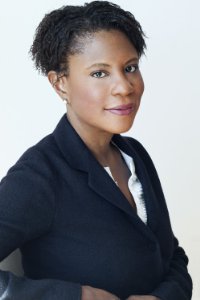
Alondra Nelson
Columbia University
-
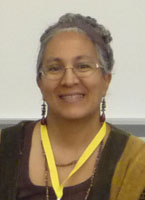
Jessica Gordon Nembhard
John Jay College CUNY